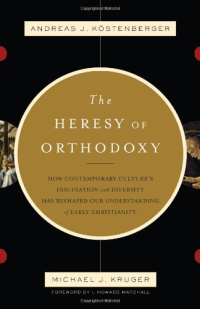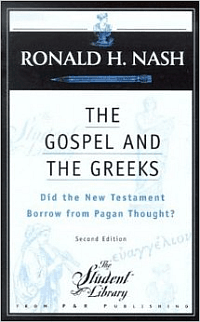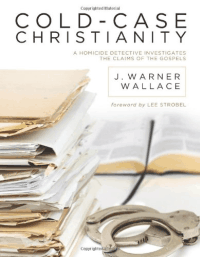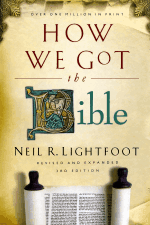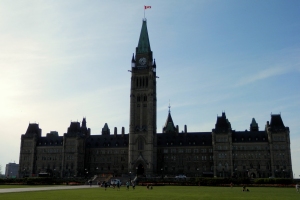Abortion and the Lonely Choice
Back in December, Alexandra Kimball wrote an article for the Globe and Mail entitled “Unpregnant: The silent, secret grief of miscarriage“. The article is a very personal one, beginning with the heartbreaking story of how her husband and herself faced the news that she had had a miscarriage.
Alexandra was a feminist – not just a woman who fought for equal rights, but, as she states,“Feminism was my religion”. And the right to abortion was a part of that religion. In fact, she had already had an abortion – which she still claims was “the right decision”.
But there was a problem here in the community of like-minded women, as the author eloquently states like this:
The more I considered it, the more I became convinced that the silence around miscarriage was connected to feminism’s work around abortion. How could I grieve a thing that didn’t exist? If a fetus is not meaningfully alive, if it is just a collection of cells – the cornerstone claim of the pro-choice movement – what does it mean to miscarry one? Admitting my grief meant seeing myself as a bereft mother, and my fetus as a dead child – which meant adopting exactly the language that the anti-choice movement uses to claim abortion is murder.
So, says Kimball, it’s hard to grieve over a lost baby when you’re preaching from the rooftops that it’s not a baby at all.
But Kimball comes up with an honest way around this quandry.
There was no question in my mind that the fetus I aborted was a fetus, and the child I lost was a child. It struck me that, in its work toward abortion rights, feminism had denied women’s right to define pregnancy however we want.
Women make and unmake our children, not just in the biological sense, but in the ontological sense, too. The fetus is a fetus, and the child a child – only the woman knows. If we deny her the power to define her own pregnancy, we deny the power inherent in womanhood.
Ontological: Relating to the branch of metaphysics dealing with the nature of being (Oxford). In other words, a woman chooses if the baby is a baby or not. If she says the baby is not human – it isn’t.
It should be immediately chilling – the thought that anyone has the right to decide who is human and who isn’t – and of course to choose whether they live or die.
But in her search for meaning and comfort, Kimball has left herself in a lonely corner.
The truth is that no one should have the rights and privileges of humanity because another human decides they should. Because no one has value based on the decision of another person. We have value because we are created, and given value by the Ultimate Being – the Creator.
The moment we give that up and decide that we’re the ultimate authority, we leave ourselves stranded in a lonely universe where nothing has true meaning. Because deep down we know that we can’t bring ultimate value to another life. And those lonely decisions we try to make are empty.
Finally Kimball went to a Roman Catholic priest, who helped her deal with her grief. She did not look to God, but did find comfort in “communion” – being open about her experience, and remembering the lost baby as her daughter Molly.
In the end of the article, that desire for communion ends with a feeling of affinity with a chimp who had lost a baby, as viewed in a video online.
Legally, Canada has become perhaps the most dangerous place on earth for unborn babies. In spite of modern science, thanks to which we can see the baby in the womb and test her or her DNA, Canada’s laws are medieval. “If you can’t see it with your eyes, surely it isn’t human”.
I fear for the judgement that will come because of our treatment of the weak and helpless.
At the same time, I weep for them. And not only them, but the mothers who are left without seeing purpose and hope and meaning that can only come from Someone who is beyond the universe, and yet fully involved within it. He offers Kimball – and all of us – something so much better.

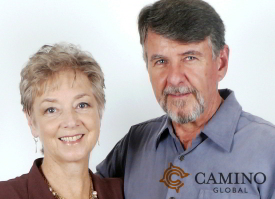 Thanks so much for your prayers as Camino Global Canada has been
Thanks so much for your prayers as Camino Global Canada has been 